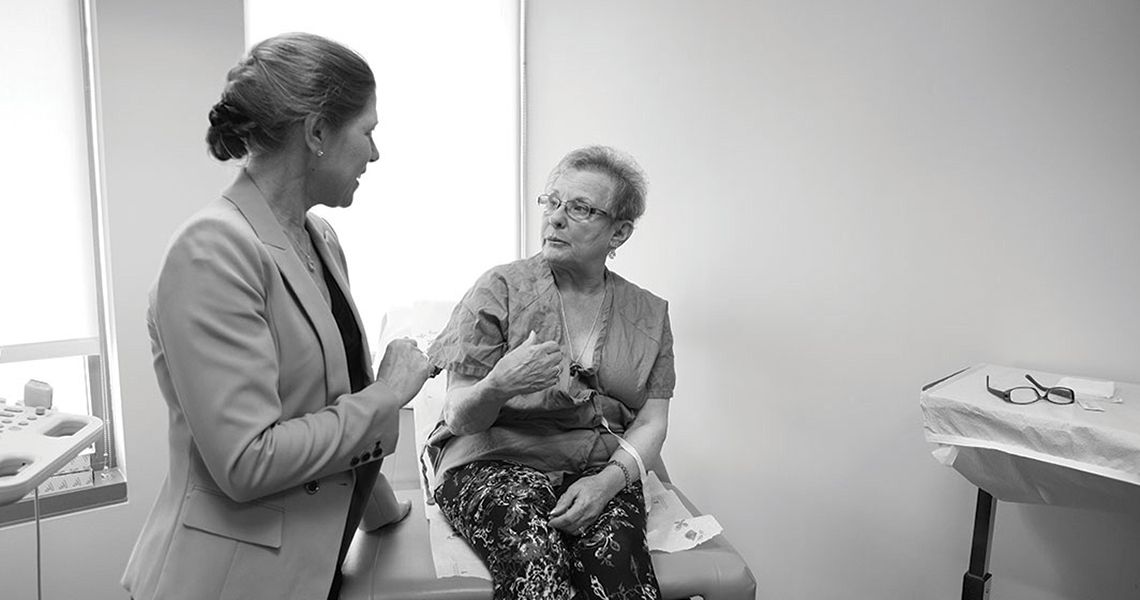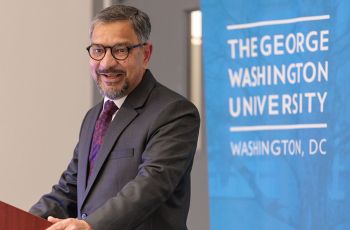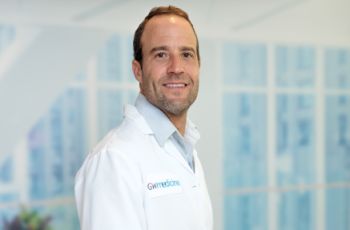A diagnosis of breast cancer is a scary moment in any person’s life, and going through treatment can be difficult on both the mind and the body, but at the George Washington University (GW) Cancer Center, the journey can be made a little easier thanks to support from current and former patients and community members.
Through a patient and community member-supported patient assistance fund, the GW Breast Care Center is able to offer financial assistance and a monthly complementary care clinic for patients. The fund was started in 2007 by GW patient LuAnn Dean.
Some of the money that goes into the fund is collected during a fundraiser often held in the fall. The fundraiser has looked different over the years; such as silent auctions or golf tournaments.
“The fundraiser and patient assistance fund have really enabled us to help our patients both financially and through a holistic care program," says Christine Teal, MD, director of the GW Breast Care Center and the chief of breast surgery.
Financial support can include helping patients pay their rent or providing them with transportation options, she says.
Then there’s the complementary clinic, which Teal says the patients love. It’s offered once a month and is supported by providers from the GW Center for Integrative Medicine. During the clinics, patients have the opportunity to sample a variety of complementary medicine options. They can meet with a naturopath, who can discuss with them natural approaches to cancer treatment, as well as provide advice on what supplements may help ease pain and offer nutritional counseling. Patients may also receive acupuncture therapy to help relieve nausea from chemotherapy; the centuries-old medicine uses hair-thin needles to stimulate points along the nervous system.
Another specialty available during the clinic is reiki, a healing technique in which a therapist channels energy into the patient through touch to activate the natural healing processes of the patient’s body and restore well-being.
“These offerings allow us to make the GW Breast Care Center a little more unique in what we can provide for patients," says Teal. “And it’s a special bonus because insurance won’t cover these complementary therapies."
In addition, the center uses the fund to have a physical therapist visit the clinic two afternoons a month. “Some of our patients, such as those who have had bilateral mastectomies with reconstruction, need stretching or more work, and through this they can be seen more than once a month when they are also seeing their surgeon," Teal says.
The fund isn’t supported just by the annual fundraiser, but also by current and former patients who want to give back. Teal says letters are sent out to patients who have experienced the complementary clinic to see if they would be willing to support it. “We often have a very nice response," Teal notes.
Teal also has held fundraising campaigns herself, including one two years ago in honor of her mother, who had breast surgery done at GW. “When the patients and community see how near and dear it is to me to provide these programs, they see the importance of it," she says.
She adds that seeing current patients and former patients give back, including those who have been giving for many years, is heartening. “It doesn’t have to be a big donation. Just that they are willing to give is meaningful," she says.




